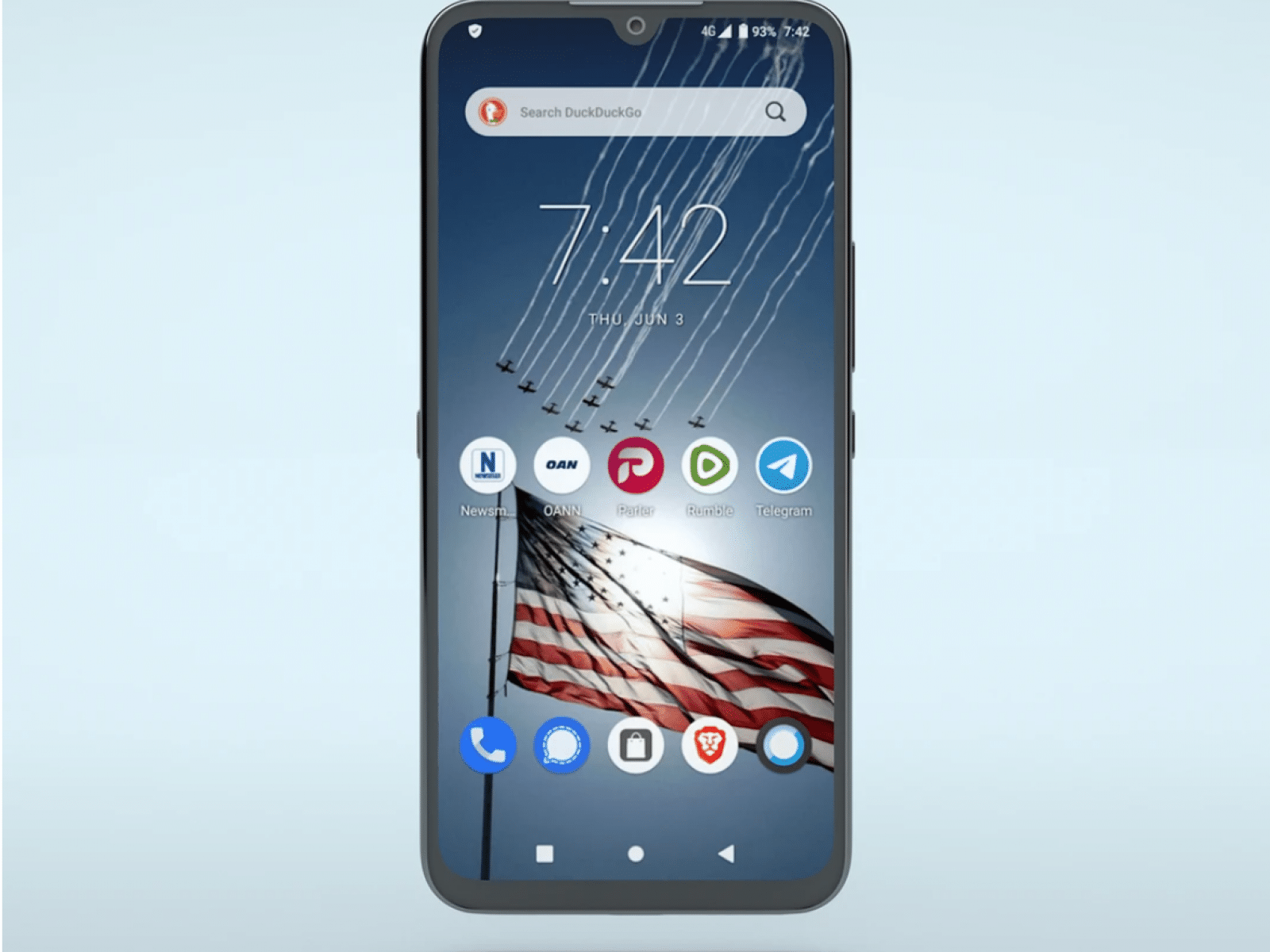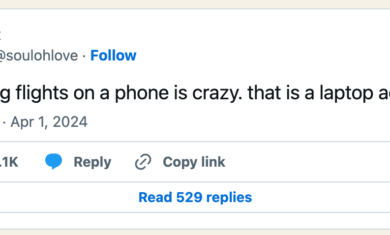There’s a new phone on the market called the “Freedom Phone”, and the basic idea behind it is solid. It’s a phone that gives you more privacy and less of the tracking from companies like Google and Apple, and I think most of us can agree that’s a good thing. The problem is that the phone simply doesn’t do that.
First, it’s still running a version of Google’s Android operating system. It’s hard to build a new phone operating system from scratch, for sure, but using Google’s is a tough angle to start from if you’re trying to show how bad Google is. Plus, you still need to get service through Verizon or AT&T or similar. Those folks are essentially impossible to escape when it comes to mobile phones, but they can still watch everything you do.
Taking it further, though, this phone is just the UMIDIGI A9 Pro, rebranded as the “Freedom Phone” with some different apps preloaded, and being sold for 4x the cost. (note: it’s been confirmed that it’s a UMIDIGI phone, though whether it’s the exact same specs as the A9 Pro is still being uncovered). If you want privacy, buying a cheap phone from a Chinese manufacturer isn’t likely the best way to go.
The App Store
Perhaps of greater concern is the app store on the phone, and their hard push to make it completely uncensored. This means it will likely find plenty of spam and malware in the store soon, but we’ll see what happens.
You can find plenty of articles about this phone, but here are two good ones to start with:
- The Freedom Phone Smells Like a Stupid, Cynical Grift
- MAGA-Branded ‘Freedom Phone’ Is a Black Box That Should Be Avoided at All Costs
So what to do?
If you’re wanting privacy, and the Freedom Phone isn’t a good solution, what should you do? You have a few good choices.
First, you can replicate pretty much all of the privacy-focused features on your own phone in a matter of minutes. Use Signal for messaging, DuckDuckGo for search, and Brave for browsing. Those apps are very privacy focused, and available to all Android and iPhone users already.
If the “censored” apps are a concern (like when Parler was removed from the Google Play Store), every Android phone allows you to sideload apps, so you’re never limited anyhow. Sideloading comes with risks, though, so be careful if you go down that road.
If you really want to be secure, you can use a PinePhone instead. It uses a custom Linux-based operating system (not a trace of Google or Apple in there), and is likely the best bet for privacy-minded folks. With that custom OS and privacy comes some big downsides, though. In particular, most of your apps aren’t available on there — that’s the cost you need to be willing to pay.
Our diminishing privacy online is a major problem, and something that needs to be continually addressed, but this new phone is certainly not the answer.




